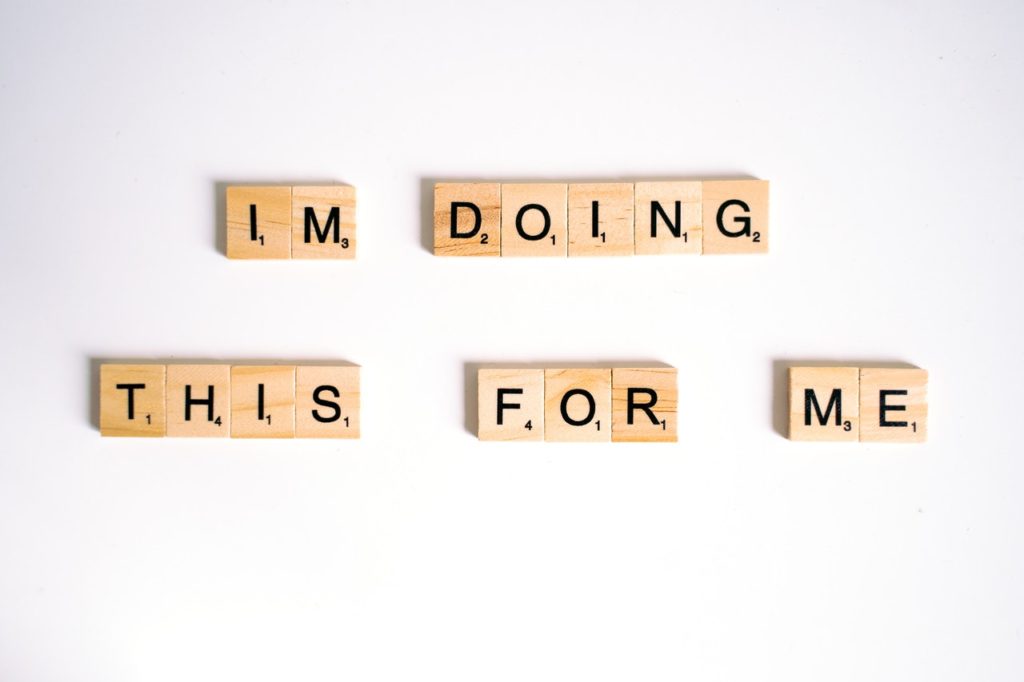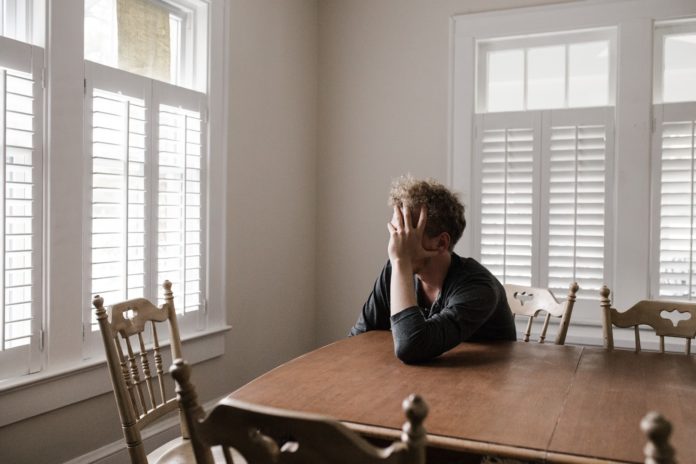Anyone who has lived long enough has encountered at least one episode of depression in their life. It can vary from mild to severe and can also turn from mild to severe.
There is, unfortunately, still a stigma in society when it comes to the topic of depression. We would argue that this should not be your reason or excuse to avoid the topic altogether and why ignoring this disease can be devastating to your well-being.
Everyone knows that leaving an illness untreated can have long-term consequences, whether on a personal or even community level. These can include alcohol and drug abuse, relationship conflicts, and even being a danger to others.
Depression is, unfortunately, usually harder to spot because it’s not easily visible to the naked eyes. It can feel as if there is something wrong, but you just couldn’t identify the cause. And then it starts snowballing bit by bit until one day you just don’t recognize yourself in the mirror anymore.
Extra: click here to read about how to identify signs of depression.
Why You Should Not Ignore Depression
1. It Worsens With Time
You may brush- off depression as if it is the common cold, but this would be a serious mistake. Depression tends to rear its head when you least expect it and can catch you off guard. It also has a tendency to feed off negativity and interrupt your mindset, thus making it difficult to go about performing your daily obligations.
The correct way to think of depression is to treat it like a chronic illness. You must actively nip it in the bud before it gets out of hand. This is where taking the time for quiet contemplation becomes important because only you can know what is going on inside your head.
The first thing to do when you feel depressed is to acknowledge and accept the facts. The second would be to tackle the issue directly with the help of your family, friends, and/or a qualified psychiatrist. The sooner you do this, the better.
We are not saying treatment is impossible at later stages but rather that it is more difficult to treat. Fighting severe depression can also oftentimes feel like a losing battle which is why having the right support system in place will make the process that much more manageable.
2. It Is a Silent Killer
It’s no secret that depression can negatively affect you mentally and physically. Mood swings, drastic bodyweight changes, social withdrawal, and insomnia are just some symptoms of this devastating illness. People with depressive symptoms also tend to feel more helpless, hopeless, and vulnerable than others.
Having these symptoms for a day or two are, however, not clear signs of depression but can be when they frequently appear. You also do not need to exhibit all of these symptoms to be considered depressed.
Depression can also lead to a compromised immune system which can make you fall sick easier and more often. This can turn into a vicious cycle where being physically ill frequently can negatively impact your mental health and vice versa.
3. It Can Bring Harm to Others
Being depressed makes you more likely to directly or indirectly cause harm to people around you. This can include abusive behavior such as hurting yourself in addition to hurting your loved ones. It can sometimes even involve hurting innocent strangers.
Depression is, as such, not just an individual problem but a societal one as well.
4. It Usually Takes Quite Some Time to Heal
Recovering from depression is a marathon, not a sprint. This is especially so when you have been depressed for quite some time.
Work through your issues one at a time and try to tackle the easiest ones first so that you can develop/find a sense of confidence. Notice the people and things you are still clinging onto that no longer serve you and take a deep breath before saying goodbye to them.
It is important to know that you don’t have to fight this fight alone. Gather the courage to seek out professional help. There is no “past the point of no return” or “too soon” when dealing with depression.
Just Do It

So, you’ve read the above and feel that you’re just fine i.e. not depressed. That is fantastic!
Just keep in mind that you can try to better understand and/or lend a helping hand the next time someone you encounter needs it. It has also become all the more important since COVID-19 has grabbed most of the attention from an illness that is just as serious and has been around for much longer.
Lastly, remember to always be kind to yourself and others for everybody’s sake.




